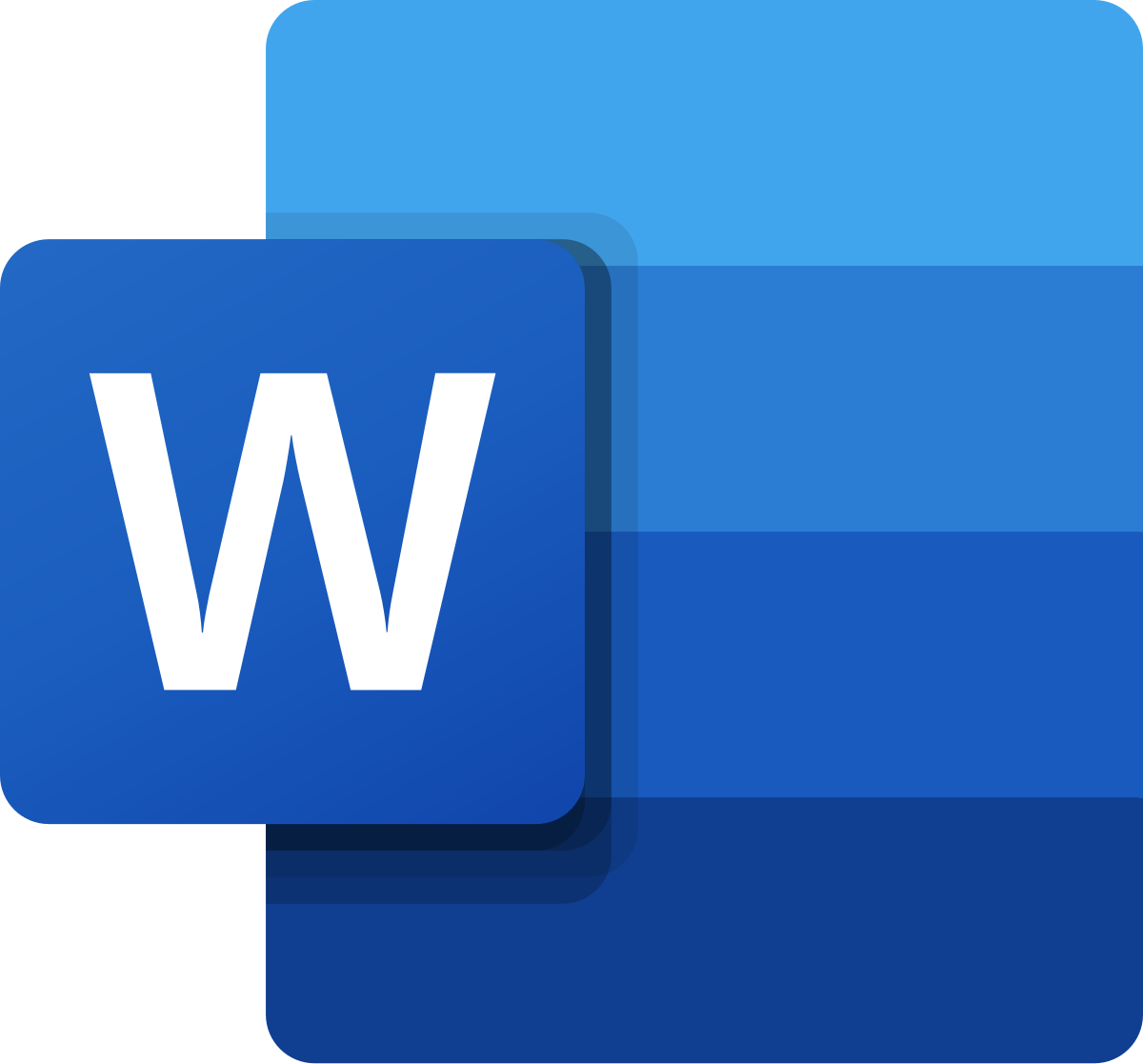Pendidikan Literasi Informasi di Perguruan Tinggi: Perspektif Refleksi dan Pendekatan Praktis Pelatihan Karya Tulis Ilmiah Mahasiswa
Abstract
Literacy education is important for students, from kindergarten to college. Even when a person has completed formal education and continues to work, knowledge about matters related to the field of work and its scope still needs to be deepened. This is what is meant by literacy education broadly. In a narrow sense, literacy means the ability to read, write and speak, both at the level of knowledge and up to the level of expertise. Thus, the scope of information literacy covers aspects of human life, on how to get information, how to use tools, and how to process what is found and known in a written work or real work.
References
Basori, M. A. (2016). Strategi dan Teknis Paraphrase dalam Academic Writing: Reformulasi Isi Tanpa Reduksi. 1–17.
Butros, A., & Taylor, S. (2011). Managing information: Evaluating and selecting citation management software, a look at EndNote, RefWorks, Mendeley and Zotero. Proceedings of the 36th IAMSLIC Conference: Mar Del Plata, Argentina, 17-21 October, 2010, 53–66.
Cisek, S. (2014). Qualitative Research in the Field of Information Literacy in the Second Decade of the XXI Century. In S. Kurbano˘glu, S. Špiranec, E. Grassian, D. Mizrachi, & R. Catts (Eds.), Information Literacy Lifelong Learning and Digital Citizenship in the 21st Century (Second Edi, pp. 170–179). Springer. https://doi.org/10.1007/978-3-319-14136-7
Desired Student Learning Outcomes | Hope International School. (n.d.). Retrieved February 27, 2020, from https://www.hopeintlschool.org/desired-student-learning-outcomes#:~:text=Our Desired Student Learning Outcomes,qualities embedded in the DSLOs.
Diao. A.L, Gunawan, A.W., Aruan,D.A., Kusuma, S., & Adriyanto, S.,. (2014). Literasi Informasi: 7 Langkah Knowledge Management (Edisi Ketiga). Penerbit Universitas Atma Jaya.
Eisenberg, M. B. (2014a). Lessons Learned from a Lifetime of Work in Information Literacy. In S. K. S. Š. E. G. D. M. R. Catts (Ed.), Information Literacy Lifelong Learning and Digital Citizenship in the 21st Century (Second Edi, pp. 1–12). Springer. https://doi.org/10.1007/978-3-319-14136-7
Eisenberg, M. B. (2014b). Lessons Learned from a Lifetime of Work in Information Literacy. In R. C. Serap Kurbanoglu, Sonja Spiranec, Esther Grassian, Diane Mizrachi (Ed.), Communications in Computer and Information Science (Second Eur, Vol. 492, pp. 1–12). Springer International Publishing Switzerlan. https://doi.org/10.1007/978-3-319-14136-7_20
Fatima, A., Sunguh, K. K., Abbas, A., Mannan, A., & Hosseini, S. (2020). Impact of pressure, self-efficacy, and self-competency on students’ plagiarism in higher education. Accountability in Research, 27(1), 32–48. https://doi.org/10.1080/08989621.2019.1699070
Fiorella, L., & Mayer, R. E. (2015). Learning as a generative activity: Eight learning strategies that promote understanding. Learning as a Generative Activity: Eight Learning Strategies That Promote Understanding, January, 11. https://doi.org/10.1017/CBO9781107707085
Hava, K., Guyer, T., & Cakir, H. (2020). Gifted students’ learning experiences in systematic game development process in after-school activities. Educational Technology Research and Development, 1–21. https://doi.org/10.1007/s11423-020-09750-z
Huang, R., Spector, J. M., & Yang, J. (2019). Educational Technology: A Primer for the 21st Century. Springer Singapore. https://doi.org/10.1007/978-981-13-6643-7
Januszewski, A., & Molenda, M. (2013). Educational Technology: A Definition with Commentary. Routledge.
Kris, J. Sumardianta, W. (2018). Mendidik Generasi Z & A. Kompas Gramedia.
Landøy, A., Popa, D., & Repanovici, A. (2020a). Basic Concepts in Information Literacy (pp. 23–38). Springer, Cham. https://doi.org/10.1007/978-3-030-34258-6_3
Landøy, A., Popa, D., & Repanovici, A. (2020b). Collaboration in Designing a Pedagogical Approach in Information Literacy. In R. A. Landoy Ane, Popa Daniela (Ed.), Springer Texts in Education. Springer Open.
McKenna, S. W. M. C. (2004). THE LITERACY COACH’S HANDBOOK. The Guilford Press.
Oliveira, W., & Bittencourt, I. I. (2019). Tailored Gamification to Educational Technologies. Springer Singapore. https://doi.org/10.1007/978-981-32-9812-5
Punaji Setyosari. (2013). Metode Penelitian Pendidikan & Pengembangan—Google Buku. Google Book.
World Education Forum. (2016). Incheon Declaration and SDG4 – Education 2030 Framework for Action. UNESCO.
Downloads
Published
How to Cite
Issue
Section
License
Copyright (c) 2022 Donatus Dole

This work is licensed under a Creative Commons Attribution-NonCommercial-ShareAlike 4.0 International License.














